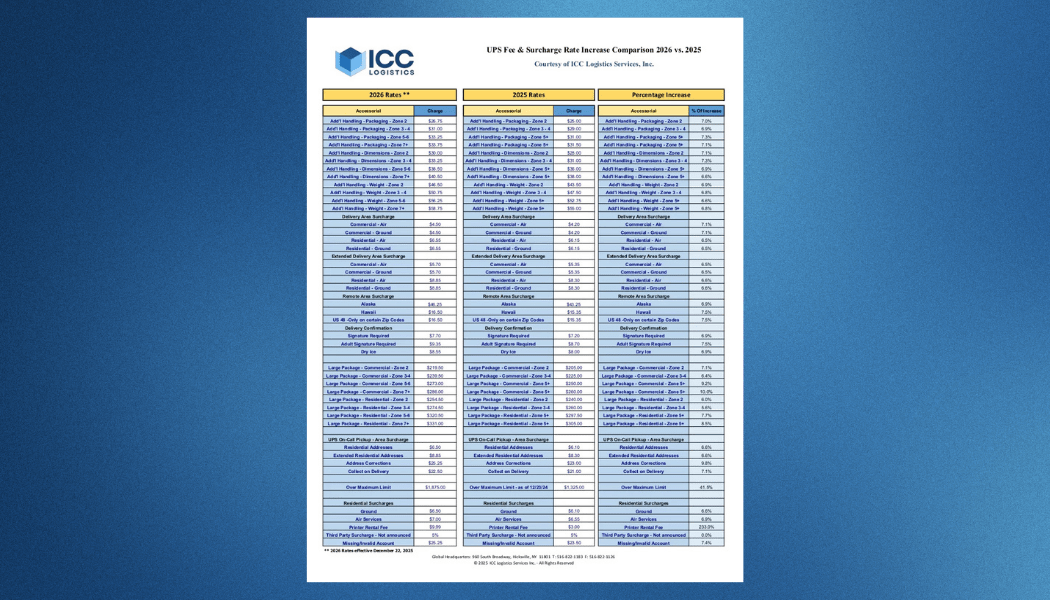It is a known fact that all Transportation and Logistics services should be clearly and thoroughly documented in a bi-lateral contract between the shipper and the service provider before any services are provided. However, to avoid what we call contract failures, there are several key steps in the contracting process that must be taken into account before the parties ultimately sign on the dotted line.
- Qualifying the Partners:
The first step in the process is for both sides to make sure they have qualified each other as an entity they actually want to do business with for the long term. While this sounds quite logical, you would be amazed at how many companies enter into long-term business agreements without fully vetting the prospective business partner. Do you truly know your business partner? Is it a business partner you actually want to do business with? And finally, don’t assume anything!
- Understanding the Business:
Before a transportation and logistics service provider can even think about doing business with a company, it must have a complete understanding of the business they wish to contract with. By the same token, the business seeking out the service provider must have a complete understanding of the services offered by the transportation and logistics service provider. Both parties must be sure that if they agree to “get married” both sides are capable of holding up their side of the bargain for the long term.
- Involve the Experts throughout the Entire Process:
Sometimes companies on both sides of the fence make arrangements to do business with a particular company without involving their own in-house experts who truly understand all of the nuances of each businesses processes. This is a recipe for disaster. And if you think it can’t happen, we can give you countless examples of where these failures to involve the experts resulted in utter disaster.
- Failure to Properly Communicate:
Sometimes shippers fail to communicate all of their company’s needs to the service provider, and sometimes the service providers fail to properly listen to the shippers actual needs. Either one or both of these conditions will surely result in failure. The goal is to create a ROBUST contracting process. By ROBUST, we mean:
Results oriented – produces the results both sides want to produce
Optimizes Resources – makes the best possible use of the resources of both parties
Balanced – inputs, outputs and costs are appropriate to the result
User friendly – meets the satisfaction needs of all the parties involved in the process
Simple – easy to understand and operate
Trackable – Quantified and continually monitored
- Failure to Document Processes:
You will want to avoid the “telephone game” where the parties speak, but sometimes what is heard is not exactly what was spoken. That’s why each step in the contracting process must be documented in writing, agreed to by both parties and then signed off by both parties signifying complete understanding. And, this must be done before either party signs the contract.
As the old saying goes, “an ounce of prevention is worth a pound of cure.”



 to receive our FREE white papers:
to receive our FREE white papers: